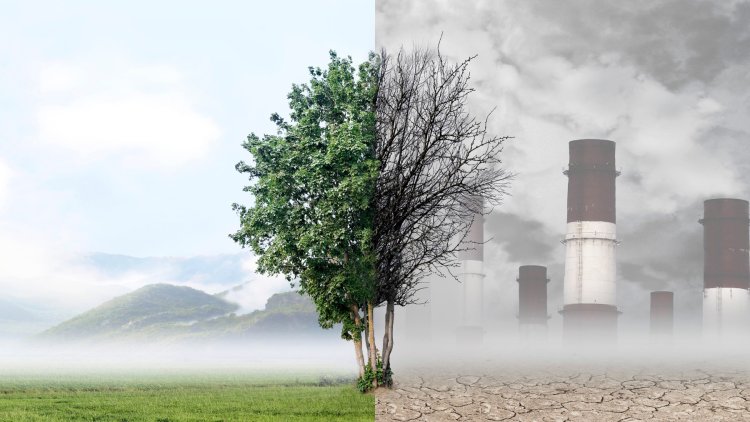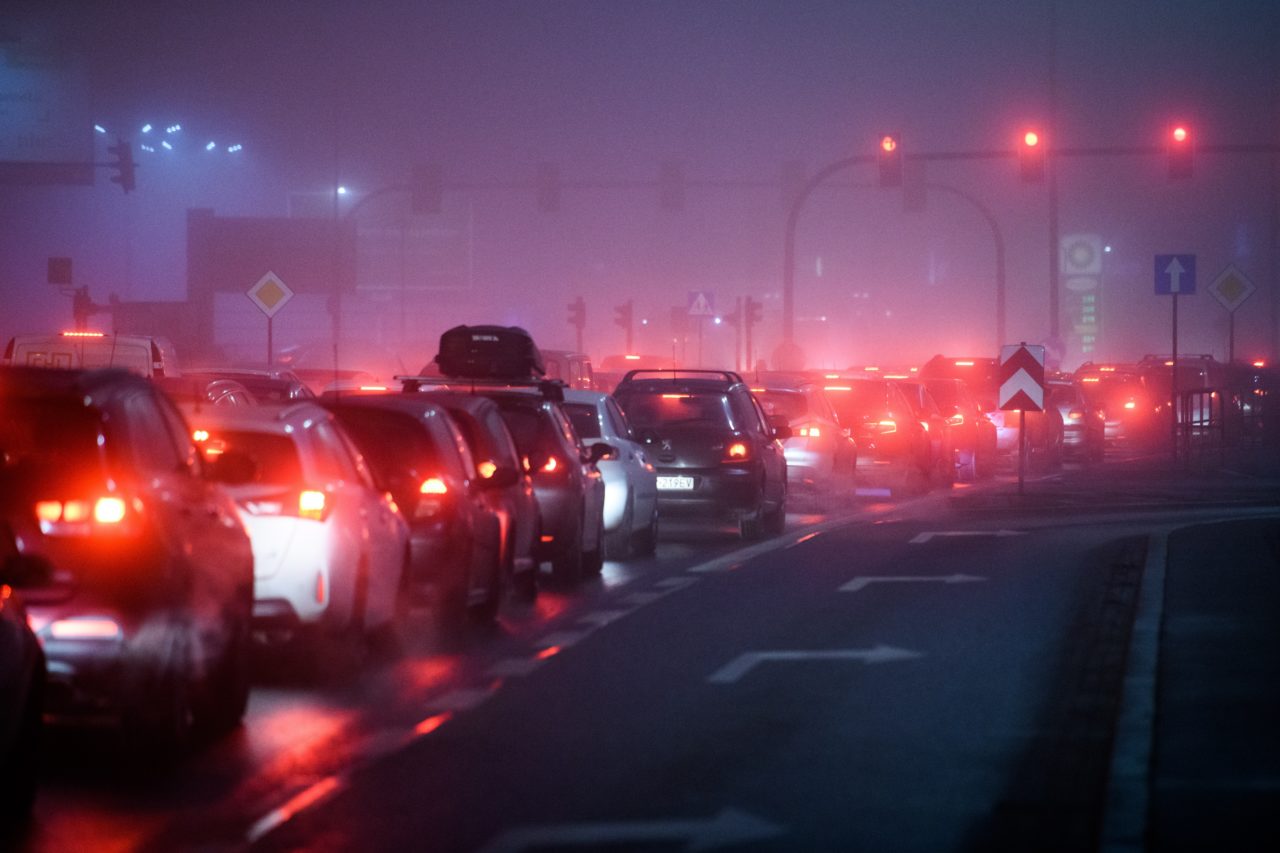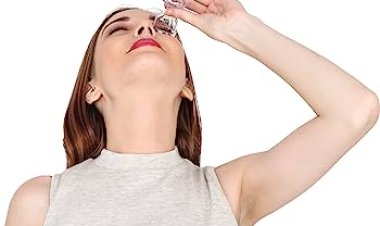What Causes Air Pollution?
There are numerous potential factors of air pollution in the modern world. The global economy is expanding at the expense of the environment.

Greetings to everyone present, and thank you for taking the time to be here. Today, I'd like to deliver a discourse on Air Pollution, which has become a significant problem in recent years. Despite being a monologue, I'd like this to be a fruitful exchange, so your opinions are welcome. Air pollution is the mingling of externally hazardous gases and particulate matter in the air, which we ultimately inhale into our bodies. These eventually lead to respiratory disorders, which negatively impact human health. Consequently, air pollution is currently a significant concern for the human race.

What Causes Air Pollution?
Air pollution is caused by the release of pollutants into the atmosphere. These pollutants can originate from various sources, both human-made and natural. Here are some primary causes of air pollution:
Causes of Air Pollution
There are numerous potential factors of air pollution in the modern world. The global economy is expanding at the expense of the environment. Due to modernization, today's society disregards mother nature and consequently adopts a lifestyle that is detrimental to our health.
Since the number of vehicles on the road has increased dramatically over the past few decades, so has the emission level. This is clearly demonstrated by a rise in ppm level. The severe degree of pollution in Delhi is a cause for concern for all of us.
In addition, the smog from factories and the toxic emissions from chemical factories contribute to air pollution. As exemplified by the Bhopal Gas Tragedy, air pollution has caused one significant tragedy. The increased use of residential air purifiers contributes to air pollution.
1. Industrial Emissions:
- Combustion of fossil fuels
- Chemical manufacturing processes
- Release of pollutants from factories
2.Transpo rtation:
- Vehicle exhaust emissions
- Aircraft emissions
- Shipping and maritime pollution
3. Agricultural Activities:
- Pesticide and fertilizer use
- Livestock methane emissions
- Agricultural burning
4. Deforestation:
- Loss of trees reduces air quality
- Increased carbon dioxide levels
5. Waste Management:
- Open burning of waste
- Landfill emissions
- Incineration of waste materials
6. Power Generation:
- Emissions from power plants
- Burning of coal, oil, and natural gas
7. Urbanization:
- Construction activities
- Urban heat island effect
- Increased energy demand in cities
8. Natural Sources:
- Volcanic eruptions
- Forest fires
- Dust storms
9. Household Activities:
- Use of solid fuels for cooking
- Indoor air pollution from household products
10. Chemical and Industrial Processes:
- Chemical production
- Manufacturing processes
- Release of pollutants during production
11. Ozone Depletion:
- Presence of ozone-depleting substances
- Impact on atmospheric composition
12. Cultural and Religious Practices:
- Ritual burning of materials
- Traditional practices impacting air quality
13. Climate Change Effects:
- Altered weather patterns
- Impact on air circulation and pollutant dispersion
14, Population Growth:
- Increased demand for resources
- Higher energy consumption and pollution
15, Inadequate Environmental Policies:
- Lack of regulations and enforcement
- Weak emission control measures
16. Natural Gas Flaring:
- Release of pollutants during oil extraction
- Environmental impact of gas flaring
17. Chemical Spills and Accidents:
- Industrial accidents leading to air pollution
- Release of hazardous chemicals
18. Invasive Species Impact:
- Introduction of non-native species affecting ecosystems
- Altered vegetation patterns impacting air quality
19. Mining Activities:
- Release of particulate matter
- Contamination of air through mining processes
20. Cigarette Smoking:
- Tobacco smoke as a significant air pollutant
- Health impacts of secondhand smoke.
Effect of Air Pollution
In addition, when various hazardous gases or smoke penetrate expectant women, the unborn child is exposed to them prior to birth. These children tend to have a greater likelihood of developing respiratory diseases than other children.
The decline of trees and vegetation results in an ecological imbalance. It causes global warming and ozone layer depletion. Global warming causes an imbalance in the natural cycle and, as a result, the defrosting of polar ice, another foreseen threat. Infrared wavelengths are able to penetrate our atmosphere due to the depletion of the ozone layer, causing skin diseases.
Animals are also being impacted by air pollution. It causes corrosive precipitation, which kill a great number of animals and marine life. Only air pollution is to blame for today's rise in allergic patients. Asthma affects individuals of all ages, beginning at 0 years of age.

Also read: Health is the Biggest Wealth
Conclusion
Nature is a gift bestowed upon us. It has produced living organisms. And in order to pass on this asset in its current state to our descendants, we must take excellent care of it. If we want future generations to grow up in a healthful environment, we must take action immediately.
We must cease chopping down trees in order to construct residential colonies or enterprises. We must employ public transportation for long distances and bicycles for lesser distances in order to reduce air pollution caused by smoke and emissions. For the future prosperity of our children and grandchildren, Mother Nature must be well preserved. Now is the time to make a commitment to respect and protect our environment.
Thank you all for listening and for giving your precious time.













